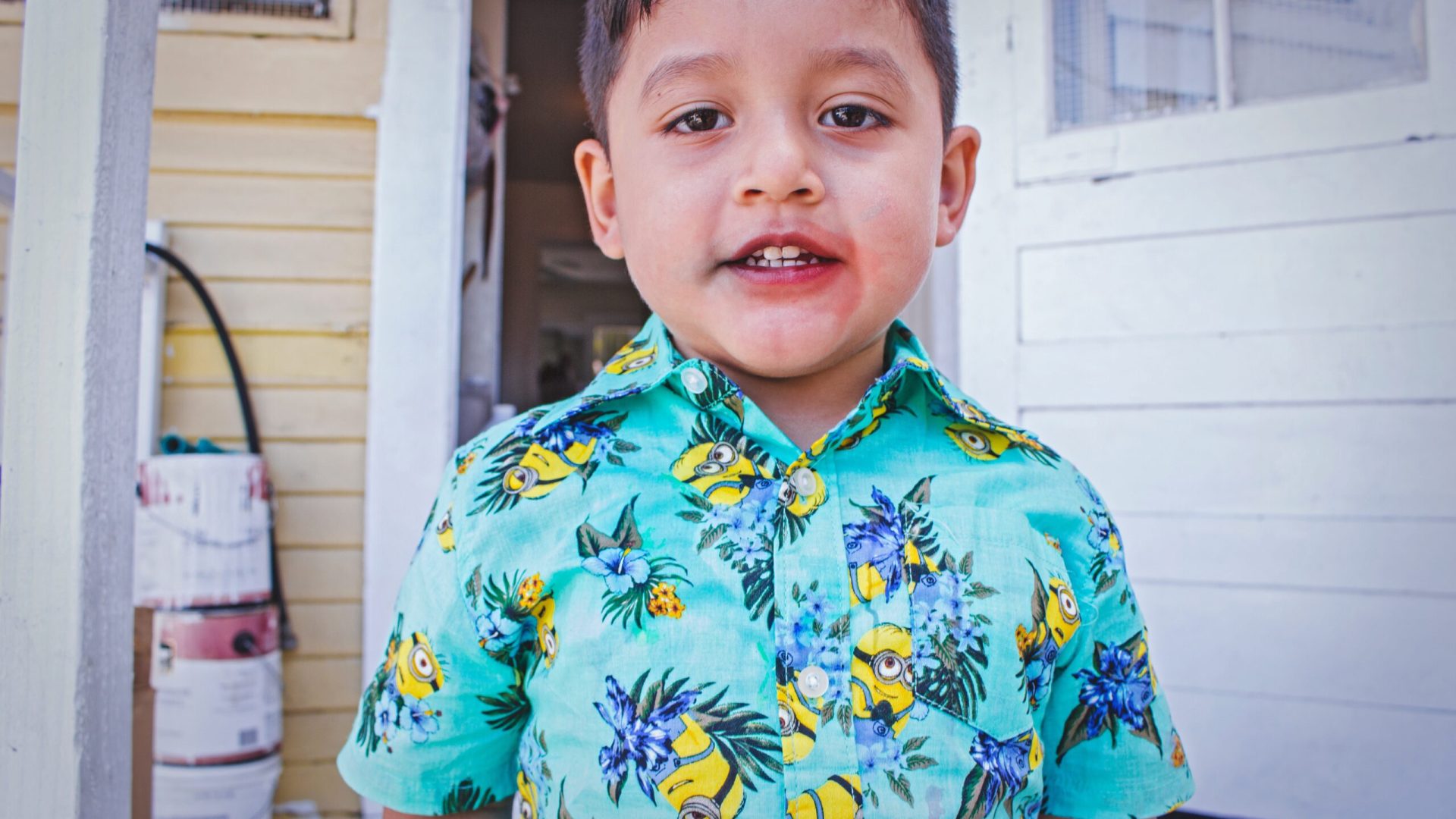What is Parentification?
In the mental health community, parentification refers to a specific phenomenon were children and parents reverse roles in the home. More specifically, parentification occurs when children assume responsibilities that are developmentally inappropriate; such as working at a young age, caring for younger siblings, hiding a parent’s addiction, cooking, etc. While research has revealed that a small amount of parentification can encourage independence and self-resiliency; in extreme cases, it is considered detrimental to an individual’s mental health and overall development.
By now you might be asking yourself “if parentification is negative why do people do it? Why would parents want to trade roles with their kids?”

What Does Parentification Look Like?
It is important to note that parentification is not always a conscious act. Parents don’t push their kids to become “mini parents” on purpose. In many cases, parentification occurs out of necessity. For example; parents are working long hours in the fields so the oldest child is left in charge of the younger siblings and their dinner, or parents do not speak the language so the oldest child is responsible for making sure younger siblings get their homework done.
In and of itself, these duties might not seem like a big deal. Most of us grew up in the generation of “latchkey kids” or if you come from a Latino background, helping out at home and stepping in where parents are unable to do so is normal. In fact, in many homes, a certain level of parentification is expected and even encouraged as part of maturing. Parents create the expectation that at a certain age children need to begin contributing to the household by doing more than just their regular chores.
What Is the Impact?
Working with predominantly Latino and migrant communities I run into the side effects of parentification quite often. In my experience, parentified children often give up on their personal and emotional needs in order to meet the needs of their parents or younger siblings. More often than not kids who are parentified suffer from insecure attachment, anxiety, depression, and can be more prone to having anger management issues. These kids are also more likely to not have appropriate and effective coping skills to deal with the world around them.
Parentification can occur in a variety of settings. However, the most common form I encounter in my daily work is what I call the “translator child.” Children who serve as the language bridge between their parents and the outside world are being exposed to information that is beyond their years; bills, debts, legal problems, medical issues, etc.

What Can You Do?
As a mental health professional one of the biggest tools we can use to combat the negative side effects of parentification is psychoeducation. If parentification has been part of the cultural blanket of a family, it is very likely parents are not aware of its negative side effects. Educating parents is very important. Moreover, I always try connecting families with the appropriate resources and tools. Asking for documents in their primary language, reaching out to schools and asking for a translator for meetings or documents in another language, connecting families with services and resources provided in their preferred language, etc. in benefit of the kids, sharing afterschool resources with parents such as the Boys and Girls club, afterschool homework clubs, ASES programs, etc can also be helpful. It not only provides childcare for parents who work late but it also provides an enriching environment where kids can enjoy being kids.
Another tool I use very often in family services is explaining what chores are developmentally appropriate at what age. Here is an amazing resource I use very often with families that breaks down individual and family chores at every age
https://www.psychologytoday.com/us/blog/school-thought/201411/age-appropriate-chores-children
I have found that the combination of all these interventions plus individual and family services can help combat the impact parentification can have on younger generations.
References
https://pdfs.semanticscholar.org/4ad7/058627087eab57dd1fecfb2f202c57e3ae99.pdf
https://www.ncbi.nlm.nih.gov/pubmed/21626469
https://files.eric.ed.gov/fulltext/EJ875392.pdf
Alejandra is a Registered Associate Marriage and Family Therapist and Professional Clinical Counselor (AMF #105469, APC# 4917). She graduated from Brandman University with a Masters in Psychology; she also holds a Bachelors in Psychology and Criminal Justice from California State University, San Bernardino.
Currently, she works for a non-profit organization that provides mental health services to schools in southern California. In addition, she also works for a private practice where she specializes in working with children, youth, and families suffering from a variety of issues such as academic performance, learning disabilities, depression, anxiety, bipolar, ADHD, Autism Spectrum Disorder, and grief.
-
Alejandra Alvarez, LMFThttps://psychosocial.media/author/alvarez/September 3, 2018
-
Alejandra Alvarez, LMFThttps://psychosocial.media/author/alvarez/September 14, 2018
-
Alejandra Alvarez, LMFThttps://psychosocial.media/author/alvarez/
-
Alejandra Alvarez, LMFThttps://psychosocial.media/author/alvarez/March 19, 2019























